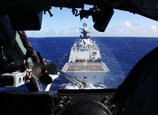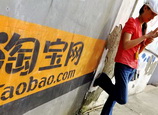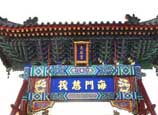
Huang attributed the prejudice to an anti-China ideology and rising trade protectionism, as China has achieved fast development while the rest of the world is still smarting from the impact of the global financial crisis and its aftermath.
The failure of a handful of Chinese investment attempts, both by state-owned enterprises and private firms, in the past have left many Chinese wary of the investment climate in some Western countries.
In 2005, China's largest offshore oil company CNOOC suffered a setback in its attempt to purchase Unocal. In early 2011, China's top telecommunication equipment maker Huawei Technologies Co. withdrew its agreement to buy the assets of U.S. company 3Leaf Systems under pressure from the U.S. Committee on Foreign Investment.
Some Western nations have been containing Chinese businesses under the pretense of national security threats and other groundless accusations, said Bao Yujun, president of the China Society of Private Economic Research.
Chinese investors who go overseas are mostly yield-driven or motivated by development needs, such as securing raw materials. Therefore, allegations that these investments are motivated by political considerations should be dropped, economists said.
Huang advised Chinese companies seeking overseas investment to focus more on domestic development and improving their international competitiveness.
"The final result is not important anymore," he said in reference to the Iceland resort, adding that he hopes to get a clear-cut answer from Icelandic regulators instead of following reports in local media.

















![]()
